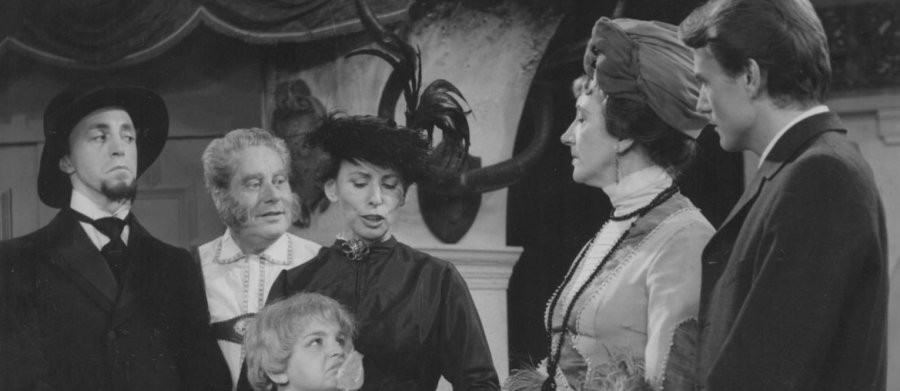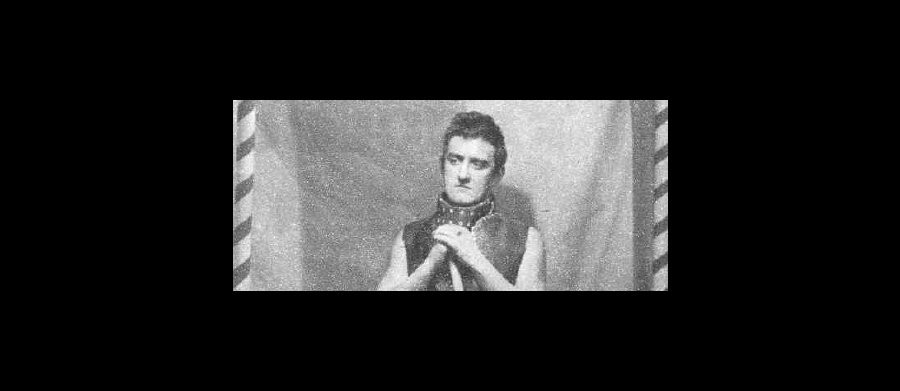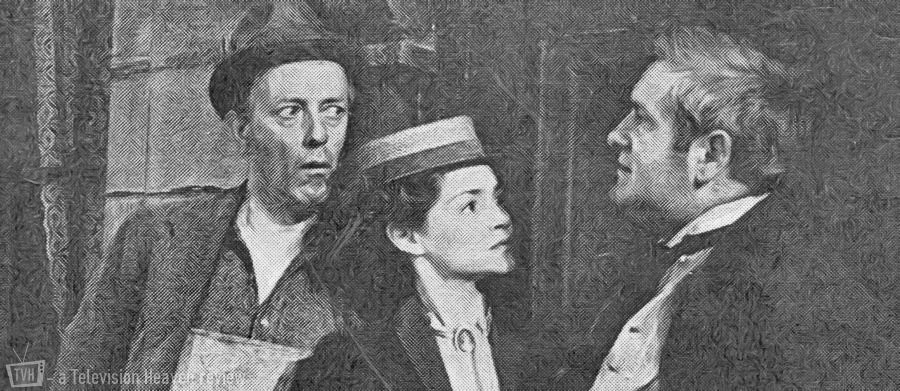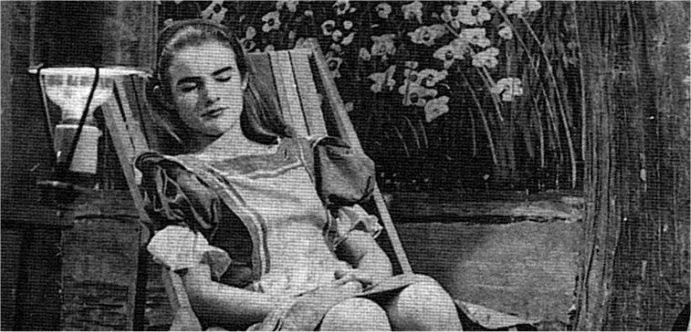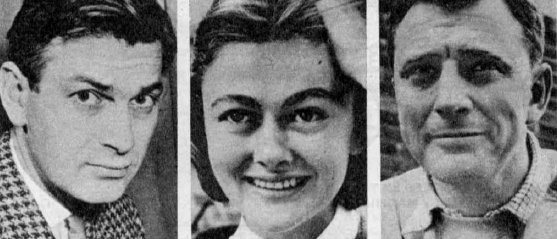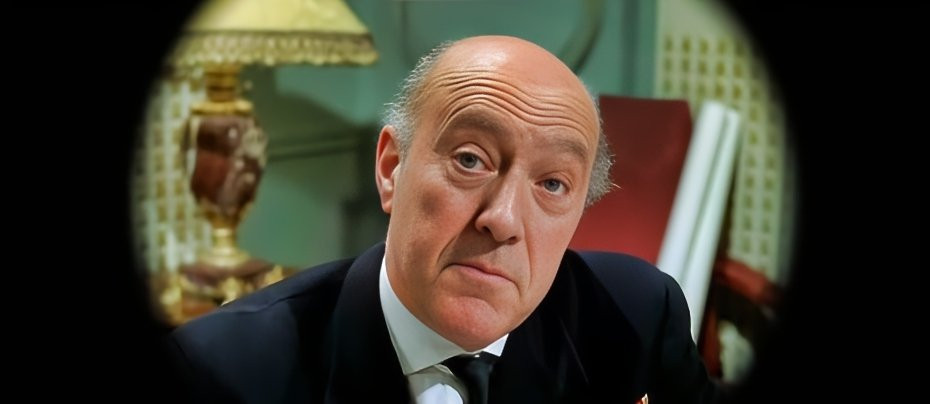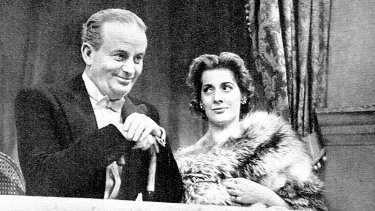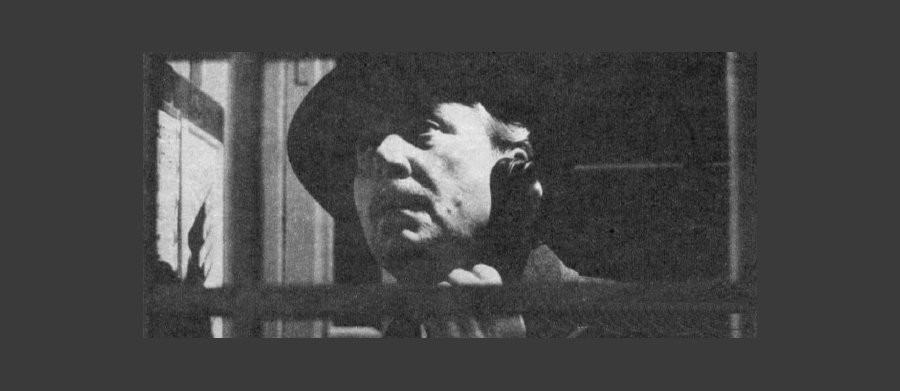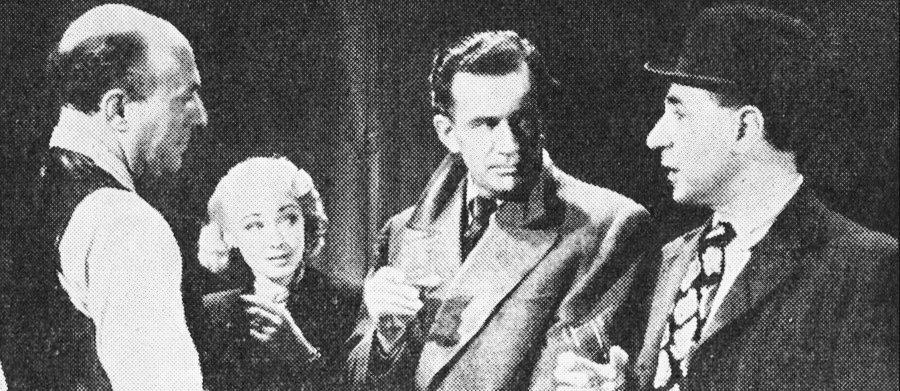
The Amazing Doctor Clitterhouse
1951 - United KingdomThe Amazing Dr. Clitterhouse is a 1936 thriller play by the British playwright Barré Lyndon (the pseudonym of Alfred Edgar), who took a chance with the name considering it was his first play and was also deliberately intended to be a reference to the female sexual organ. In his autobiography, Lyndon wrote, "My view was that (the censor) was no more likely to locate the pun in my title as to locate the source of it on his beloved bedfellow."
The play premiered at the Haymarket Theatre in London's West End and ran for 491 performances. The original cast included Ralph Richardson, and in 1937 it transferred to Broadway, where it ran for three months, with Cedric Hardwicke in the leading role. It proved successful enough for three major studios, Warner Bros, Paramount and MGM to bid for the movie rights. Eventually, Warner Bros won out and cast the movie with three of its leading stars; Edward G. Robinson, Claire Trevor and Humphrey Bogart. Bogie later said that the role he took was one of his least favourite.
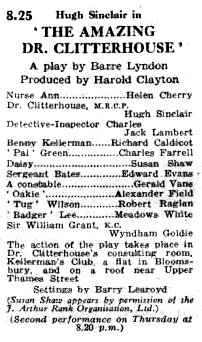
In 1951 the BBC produced a live 90-minute play which was shown on Sunday 27 May with a second performance the following Thursday. The action takes place in four locations - Dr. Clitterhouse's consulting room, Kellerman's Club, a flat in Bloomsbury, and on a roof near Upper Thames Street. The Radio Times (25 May 1951) headlined the play as 'A Corking Good Thriller'.
Dr. Clitterhouse is a doctor who has an interest in criminal behaviour and the effects it has on the perpetrators of such. In order to increase his knowledge, he sets out on a daring experiment, as he explains to his nurse in this excerpt from the BBC play.
CLITTERHOUSE: Nurse...has it ever occurred to you to wonder why criminal activities should actually change a man's face and physique? Gradually change someone who was once quite normal into something furtive and cringing? It does, you know, in time.
ANN: I'm afraid I've never thought of anything like that.
CLITTERHOUSE: But that's what I'm after - the pathology of crime, Nurse. There are medical reasons for these changes. They effect the mentality of the crook and influence his actions. They are the result of the fear and excitement and the tense emotions which he works under. And I want to find out the precise nature of these reactions, and I can do it only by studying crooks whilst they are actually at work. It's research and I needed a living subject, so I started experiments on myself.
ANN: I don't understand, Doctor.
CLITTERHOUSE: I planned a burglary - I carried it through. As accurately as I could, I observed my own reaction-pulse, respiration, blood-pressure...
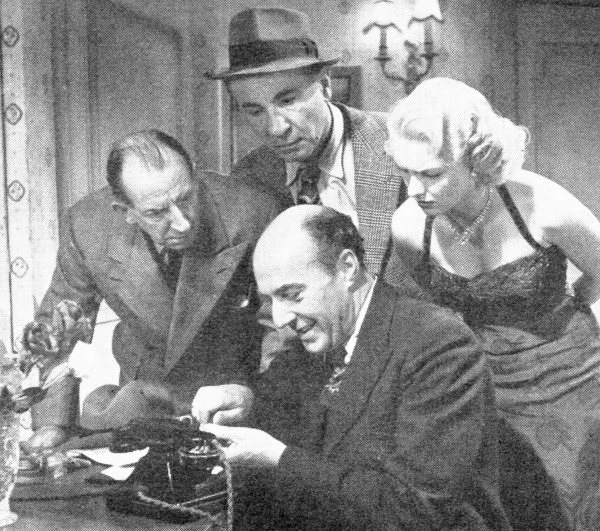
However, Clitterhouse yearns for more test studies and becomes involved with the fence, Kellerman, who introduces him to a number of small-time crooks who, for a fee, agree to the unusual practice of having their temperatures taken, their blood tested and their throats examined immediately before committing a crime. And while the Doctor's enthusiasm grows more and more absorbing, he finally decides that he has enough data for his study. But when he decides to stop, he becomes the victim of blackmail by the very gang he has been working with. He then realises that there is one study he has not yet analysed. The ultimate crime. Murder.
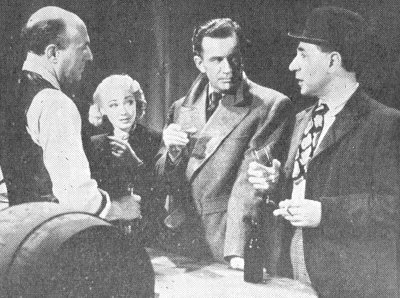
The play, which no longer exists in the BBC archives, was reviewed in Television Weekly by critic Austin Welland, who had this to say about it:
Whatever you may have thought of "The Amazing Doctor Clitterhouse" as a subject for a Sunday play, there can be little quarrel with the efforts of the cast and producer. They made this far-fetched mixture of consulting-room and underworld appear astonishingly credible.
Admitted it was what Broadway describes as "a good piece of hokum,' but it entertained this critic-and, I have no doubt, a million more besides.
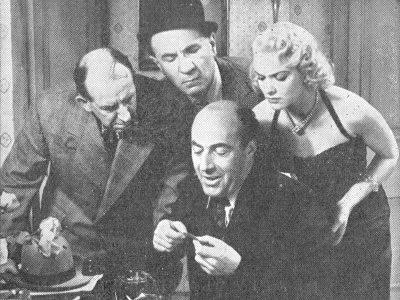
Apart from the fact he twisted a vital verbal clue in the final scene, Hugh Sinclair's performance in the name part was practically flawless. He was completely at ease in front of the cameras, always conveying the impression of an ample reserve of power which would be equal to any emergency.
He was well supported in various dramatic scenes by the nice assortment of crooks, particularly Richard Caldicott as the sinister blackmailing "fence."
It was a pity the author did not provide his female characters with better opportunities, for Helen Cherry and Susan Shaw, as the good and bad girl, had little more to do than look decorative, playing a very minor part in the plot. Either of these very capable young actresses would, one felt, have made the most of a strong dramatic scene.
Seen this show? How do you rate it?
Seen this show? How do you rate it?
Published on May 30th, 2021. Written by Marc Saul for Television Heaven.


